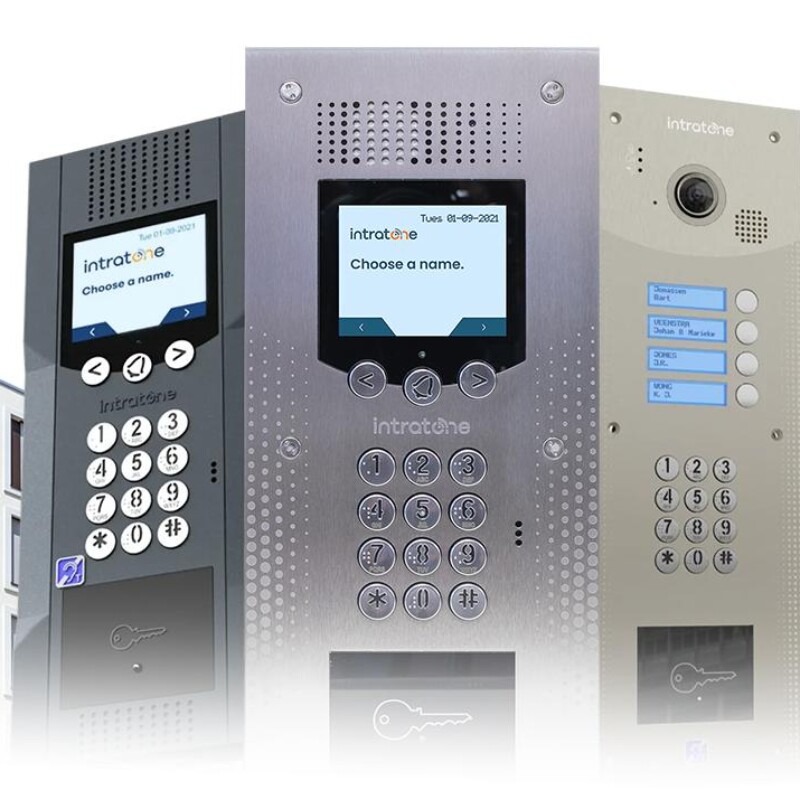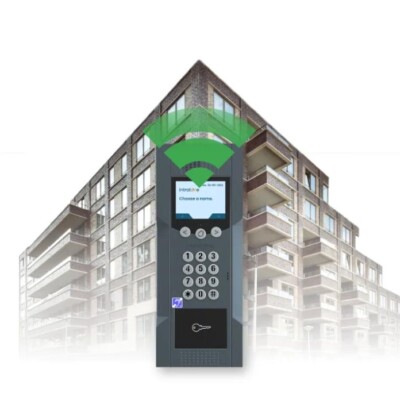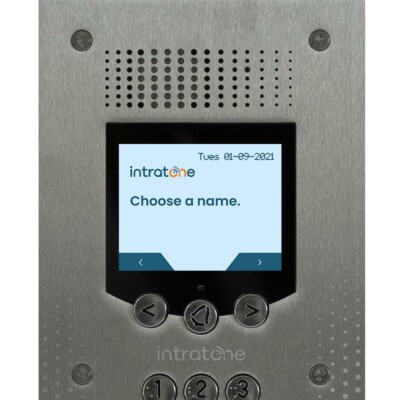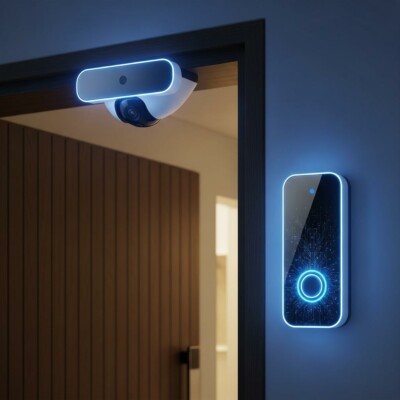Honest comparison guide between Intratone, Came or DGX or Pear Lion
October 8, 2024
•2 minutes read

1. Core Technology
Intratone's intercom solutions are cloud-based, wirelessly operated, and focus on allowing property managers to take control of their security settings remotely. Key features include immediate changes to key fobs, remote management of system access, and the ability to quickly add or delete resident details.
CAME KMS, on the other hand, offers a SimpleKey Web platform that appears to focus more on offering a mix of online and offline access control systems, ensuring the secure access to property, even when there's no internet connection.
2. User Orientation
Intratone specifically targets housing professionals and property managers, offering solutions that simplify their workload, offer more control over access, and streamline the process of managing multi-resident properties.
CAME KMS, while not limited to property managers, also has a target audience that includes housing professionals, local authorities, commercial businesses, and schools. They provide a range of solutions aimed at various access control requirements.
3. Extra Features
Intratone offers additional stand-alone solutions like coded keypads and digital noticeboards alongside their wireless intercom systems.
CAME KMS provides additional features such as time and attendance records, lift control, and vehicle access solutions, implying an offering that caters to a broader set of needs across different settings.
4. Installation and Maintenance
Intratone promotes their solutions as easily manageable from anywhere with internet access, implying less need for consistent on-site support and perhaps offering potential cost savings.
While CAME KMS provides a wide range of solutions, it's not as explicit from their website around the ease of remote management of their systems.
Conclusion
In summary, both Intratone and CAME KMS cater to property managers, but they offer different intercom solutions centered around different priorities and needs. Intratone's proposition leans more towards remote, internet-enabled control and simplicity, while CAME KMS presents a solution that seems to be more comprehensive and versatile but potentially requires more on-site management.





